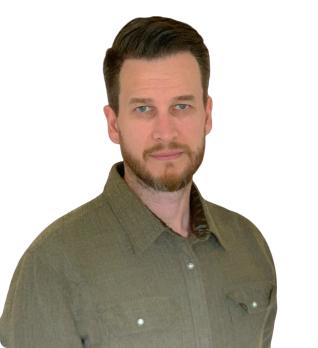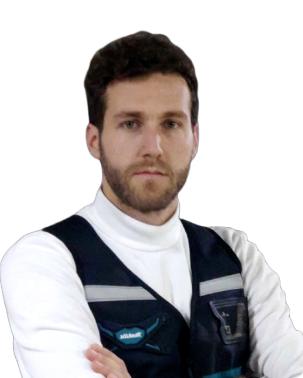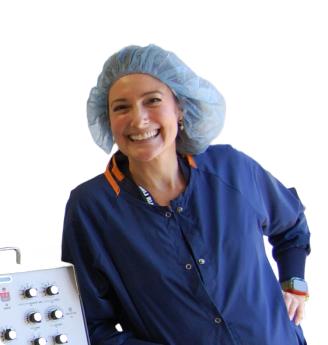BDR-19™ Critical-Care Ventilator
The BDR-19™ Critical-Care Ventilator is an easy to use, mass produced, full featured critical care ventilator that was created as a response to the global Covid-19 pandemic. It required the Nectar team to dive into an unforeseen remote work environment while navigating tight timelines and extreme supply chain challenges.
The unmet need that hospitals around the country were facing called for ventilators that are both easy to train on and mass producible with easily sourced components, something that would typically take years to develop. Nectar rose to the challenge, delivering an FDA approved ventilator created with locally sourced components within 10 months of the project start date.

Leveraging Our Resources to Help Patients Breathe Easier
While continuing to develop other projects on schedule, Nectar’s team recognized that lives were being lost as a result of ventilator shortages. With daily interdisciplinary meetings, agile methodology, and a commitment to our company values, we worked with engineers, designers, and clinicians to ensure that these ventilators would be available to save lives as soon as possible.
We leveraged our team’s experience with medical and critical care devices, our existing presence within the supply chain, and our ISO 13485:2016 QMS Certification to take the BDR-19™ Critical-Care Ventilator to hospitals around the world.

Overcoming Unique Production Challenges with Local Resources
Based on challenges many medical device producers were facing, Nectar evaluated the supply chain early in the process; we could see that the pandemic was preventing other ventilator companies from increasing production because they couldn’t get their components through the supply chain.
As a result, our early stage design was based on readily and locally sourced components that we knew we could use for mass production, regardless of border’s closing or international shortages. During a tough economic time, our device has not only saved lives, it’s also been a part of creating California jobs due to our emphasis on local sourcing and production.

Undertaking a usability assessment at to guarantee the utmost level of safety.
Prior to launching a medical product into the market, it is crucial to ensure the device is both safe and user-friendly, as inadequate usability can potentially result in loss of life. To collect feedback on the design and validate its ease of use, we conducted a usability study with nurses and respiratory therapists at a partner hospital
The participants in this study were given a short video tutorial on how to operate the device before being given a variety of tasks to complete by the facilitator. This enabled Nectar to test the critical tasks associated with the use of the device and ensure the device was safe and easy to operate without mistakes. After synthesizing the results of the study it was determined that the BDR-19 was safe and easy to use.

The BDR-19™ Critical-Care Ventilator is affordable, mass producible, and simple for clinicians to use.
It’s been designed to offer:
- Full spectrum ventilatory support for recovering patients and those in the ICU
- Durable battery life and enhanced portability
- An easy-to-learn user interface, with all-controls-always-visible (ACAV™) technology
- Simplified sourcing and affordable pricing, with no proprietary vent circuits necessary
Nectar’s CEO, Darren Saravis, is extremely proud of the Nectar team for pulling together such an efficient, life-saving product at an unheard of pace. As he shared afterwards:
“It’s truly amazing to see what people are capable of when they really need to pull together and make something happen.”





















